Co-op Month Spotlight Vendor: Frontier Co-op
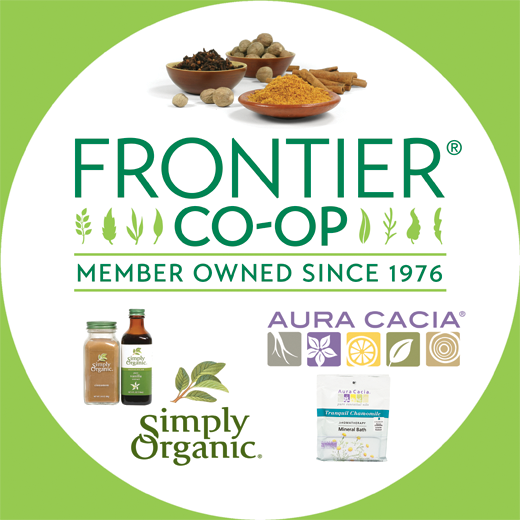
Since 1976, Frontier Co-op has been dedicated to advocating for organic agriculture and providing high quality products that are produced with respect for the environment and the people who grow and manufacture them.
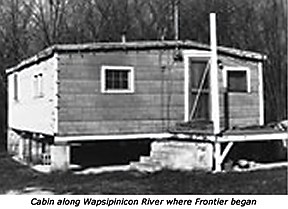 Frontier Co-op began as a two-person operation in 1976 in a river cabin in Eastern Iowa. Since then they've grown steadily to become a major supplier to the natural products industry. Their success throughout the years reflects their close harmony with the product needs and the values of their members and consumers.
Frontier Co-op began as a two-person operation in 1976 in a river cabin in Eastern Iowa. Since then they've grown steadily to become a major supplier to the natural products industry. Their success throughout the years reflects their close harmony with the product needs and the values of their members and consumers.
As a co-op, Frontier is owned by its thousands of wholesale customers, like Wheatsville! This means the business is operated in the shared interest of the members which extends beyond financial interests to the underlying values concerning environmental stewardship and social responsibility. And like all co-ops, Frontier is guided by the 7 basic international cooperative principles wherein values are put into practice.
- Voluntary and open membership
- Democratic member control
- Member economic participation
- Autonomy and independence
- Education, training and information
- Cooperation among cooperatives
- Concern for community
Frontier Co-op addresses the principle of Concern for Community in a large variety of ways thorough charitable funds for each of their three brands: Frontier, Simply Organic and Aura Cacia. More than half of their giving goes directly to improving life in the communities that grow their products; boosting employment and supporting basics like clean water, roads, school and medical care.
The Frontier Co-op Giving Fund is a philanthropic organization, funded primarily by our members’ uncashed patronage checks, that supports social, educational, and environmental causes. The Frontier Co-op Giving Fund has since given millions to a variety of charities and organizations since it was founded in 2000.
Simply Organic products support a wide variety of organic and sustainable farming communities through the Simply Organic Giving Fund. Simply Organic has provided more than 1.5 million dollars of support to organic causes since 2001 and is having a remarkable impact both here in the U.S. and internationally.
Your Aura Cacia purchases help make the world a better place. We’ve established the Aura Cacia Positive Change Project to help women around the world positively transform their lives.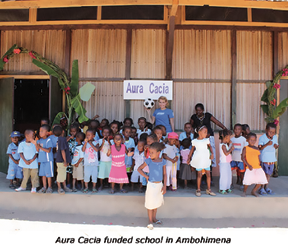
Frontier Co-op provides regular support to organizations and causes that share our values about organics, sustainability, social justice and caring for those in need — American Herbal Products Association, Bulk Is Green Council, the Organic Trade Association, the Organic Center, United Plant Savers, the Red Cross, Alzheimer’s Association and numerous others.
Look for Frontier Co-op brands at Wheatsville in the herbs & spices section (Simply Organic & Frontier) and the bodycare department (Aura Cacia) and know that your purchase of these products makes a global impact.
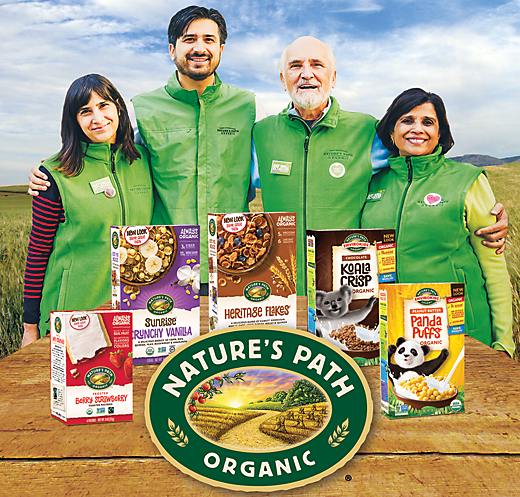
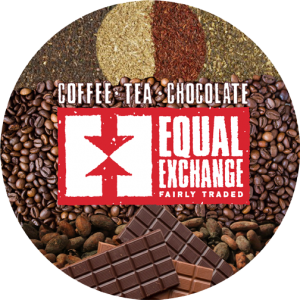 What is your origin story? Who started the business and why?
What is your origin story? Who started the business and why?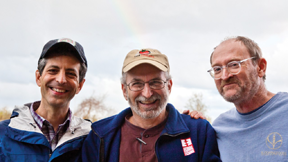
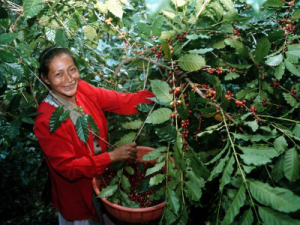
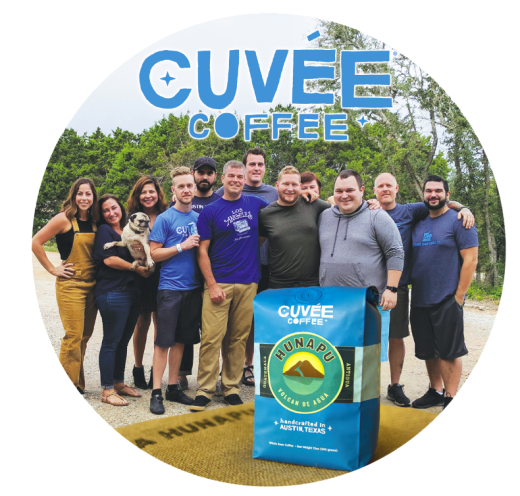
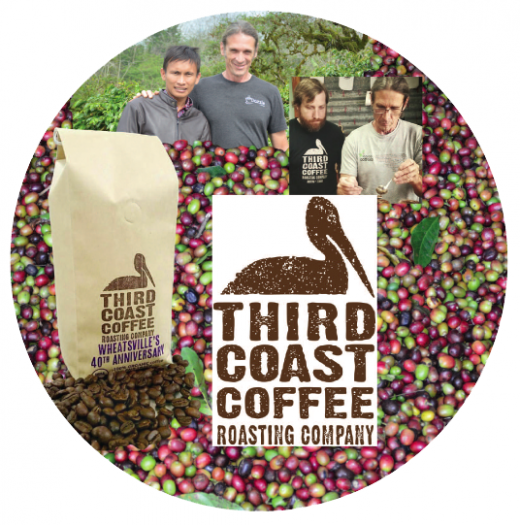
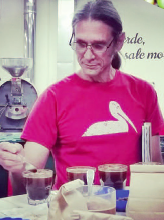 1. How long has Third Coast Coffee been in business?
1. How long has Third Coast Coffee been in business?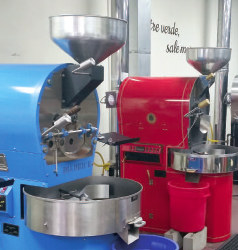
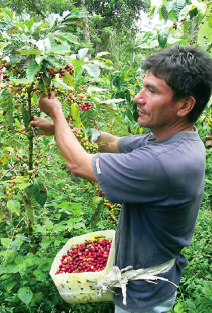
 Joel Shuler has been roasting coffee in Austin since 2007. He was happy to share some facts and philosophy about the coffee business.
Joel Shuler has been roasting coffee in Austin since 2007. He was happy to share some facts and philosophy about the coffee business.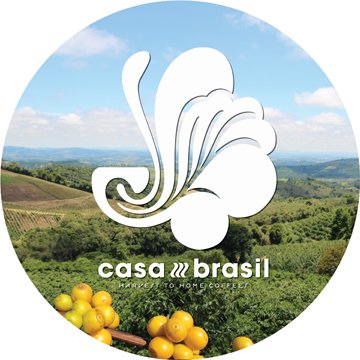
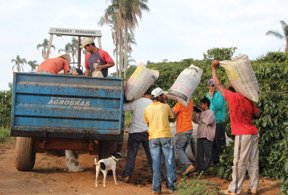 What is different about your coffee from other coffees?
What is different about your coffee from other coffees?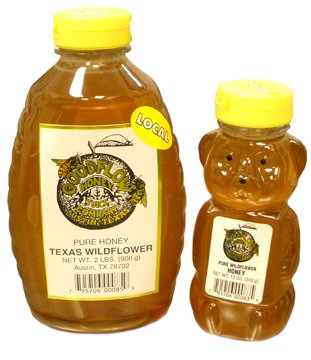 How long have you been in the honey business and what prompted you to start?
How long have you been in the honey business and what prompted you to start?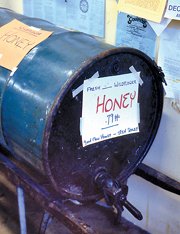
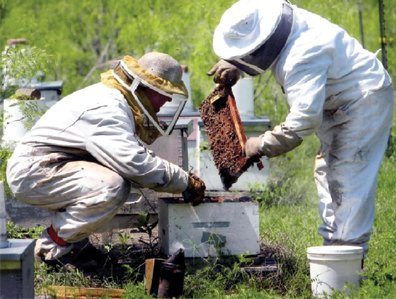 What is one thing about honey or bees that most people might not know?
What is one thing about honey or bees that most people might not know?